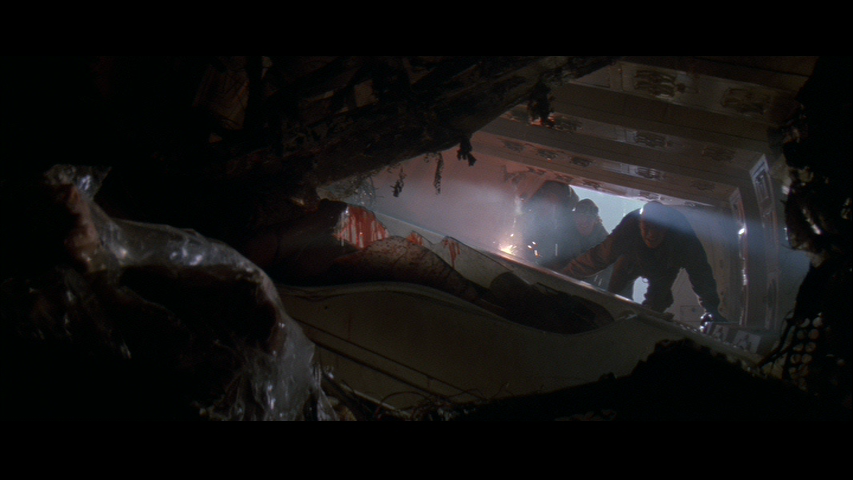Dark Indeed, But Well Worth It Despite the Annoying Repetition of "Do For" to Mean "Kill"
 |
| Beckett, Chris. Mother of Eden. Broadway, 2015. |
A world without a star is a world without much in the way of
light. Not being able to see stuff is tough as crap. Add this to the fact that,
true to the ‘Eden’ moniker, the human population of the sunless world begins
with just a single woman and a single man, and consequently there’s lots of incest-y,
genetic bummers in the population’s future, and you’ve got the recipe for…what
turns out to be kind of an awesome story!
First of all, in Dark Eden Beckett takes the idea of linguistic drift and
runs with it. The story of the first big change in the human civilization, such
as it is, of Eden takes place about 160 years after the first two people
arrive, and there are now 500 or so descendants. Complete linguistic isolation
from mother Earth has led to interesting changes, as well as tons of harelip
(which I’m pretty sure isn’t actually genetic) and clubfeet and whatnot. Their
community—one big family—has grown to the point there’s no more food nearby,
yet they cling to harmony (not a single murder), and to the mythical promise
that Earth will come rescue them.
Enter intrepid John Redlantern. Everything changes, because
of his brave, restless spirit, his unquenchable thirst to make things better.
He probably sounds like kind of a great hero, right? And he is—but he’s also a
villain, and therein lies the brilliance of Beckett’s idea. All readers will
instantly sympathize with John, only for Beckett, later on, to reveal the heavy
price relentless innovators like him extract from everyone else. Their thirst
to be remembered as heroes has them doing all sorts of dastardly deeds, John
and other men “who want the story to be all about them.” He and others like him
quickly wreak the Edenic vibe (and bring more of a Cain-ish feel, if you get my
meaning).
Fast-forward again another six or so generations, and the
human population has exploded and spread throughout Eden. They’re all still
technically one family, but split into two major factions descended literally
and ideologically from the two main hero-villains in Dark Eden. The two main groups,
somewhat isolated, and all the minor groups have begun to develop their own peculiar
way of speaking English, and are constantly making fun of each other’s stupid
accents. All sorts of bad stuff going on now, and this time around the story’s
centered around a woman, a sort of second Eve (or, in the parlance of the
series, (An)Gela), who has to chart her own way, between the two hard,
merciless male centers of the world.
I’m barely clinging to the cliff after the cliff-hanger
ending, by which I mean that I’m quite interested in how Beckett chooses to return
to Eden in volume three, and how far things have drifted this time. That’s not
to say there aren’t false notes along the way; the second half of Dark Eden
dragged a bit, while the merciless world of Mother of Eden made me feel, in a
strange way, a little of the anger all freethinking people felt when they saw Alien
3, and how it disposed of the brave heroes of Aliens.
 |
| Thanks for nothing, David Fincher! |
Why read a story about a
generation like John’s, and begin to like all those people despite their
faults, only to skip ahead several generations and find that only their bad
qualities have been handed down? But he’s spun a fascinating story, with a
fantastic starting premise that keeps getting better, and I’m already looking
forward to returning to Eden in book three.
The Math:
Objective Assessment: 7/10
Bonuses: +1 for making John, and others of his personality
type, both likeable and detestable
Penalties: -1 for the time-jump, thereby pulling an Alien 3,
cheapening the sacrifices made in Aliens (i.e., Dark Eden)
Nerd coefficient: 7/10 “Not without its flaws, but an enjoyable experience to be sure”
See details of our scoring here.
Zhaoyun has been rocking things at Nerds of a Feather since 2013.